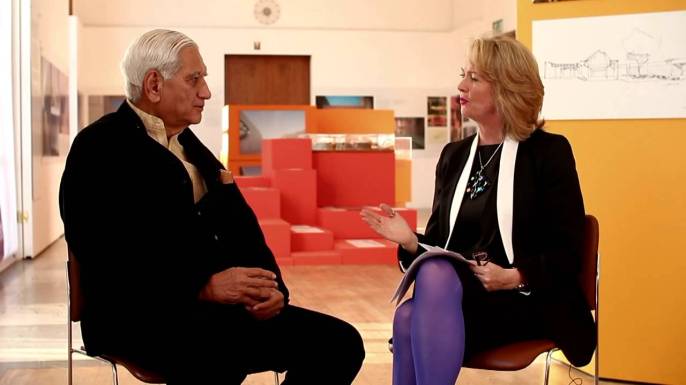Paneer is a fresh, firm and mild-tasting Indian cheese perfect for grilling. Serve with a mango and tomato chutney and a drizzle of curry vinaigrette for a unique twist on the classic Caprese salad.
Grilled Paneer
175ml (6fl oz) plain yoghurt
1 tbs lemon juice
2 tsp Schwartz Garam Masala
1 tsp Schwartz Sea Salt Mill
½ tsp Schwartz Garlic Granules
½ tsp Schwartz Ginger Ground
400g (14oz) paneer
Mango Tomato Chutney
½ tsp Schwartz Cumin Seeds
4 plum tomatoes, chopped
1 ripe mango, cut into 1cm chunks
½ onion chopped
2 tsp Schwartz Coriander Leaf
2 tsp honey
½ tsp Schwartz Cinnamon Ground
¼ tsp Schwartz Sea Salt Mill
Curry Vinaigrette
50ml (2fl oz) olive oil
2 tbs white balsamic vinegar
2 tbs Dijon mustard
½ tsp Schwartz Medium Curry Powder
¼ tsp Schwartz Garlic Mill
For the paneer combine yoghurt, lemon juice, Garam Masala, Salt, Garlic Granules and Ginger in a small bowl until well blended. Place paneer in a large re-sealable plastic bag, add the yoghurt marinade and turn to coat well, place in the refrigerator for 1 hour.
Meanwhile, for the Mango Tomato Chutney, toast the Cumin Seeds in a large pan over a medium heat for 1 minute, or until fragrant. Add the tomatoes, mango, onion, Coriander, honey, Cinnamon and Salt. Cook for 8-10 minutes, stirring regularly until the tomatoes soften and the sauce is slightly thickened.
For the Curry vinaigrette, combine all ingredients in a small bowl with a wire whisk until well blended.
After the paneer has marinated, spray a griddle pan with oil and pre-heat to medium. Remove paneer from the marinade, discarding any remaining marinade. Grill paneer for 5-6 minutes, or until lightly browned, turning frequently. Cut into 1cm thick slices, then serve layered with the Mango Tomato Chutney and drizzled with the Curry Vinaigrette.



